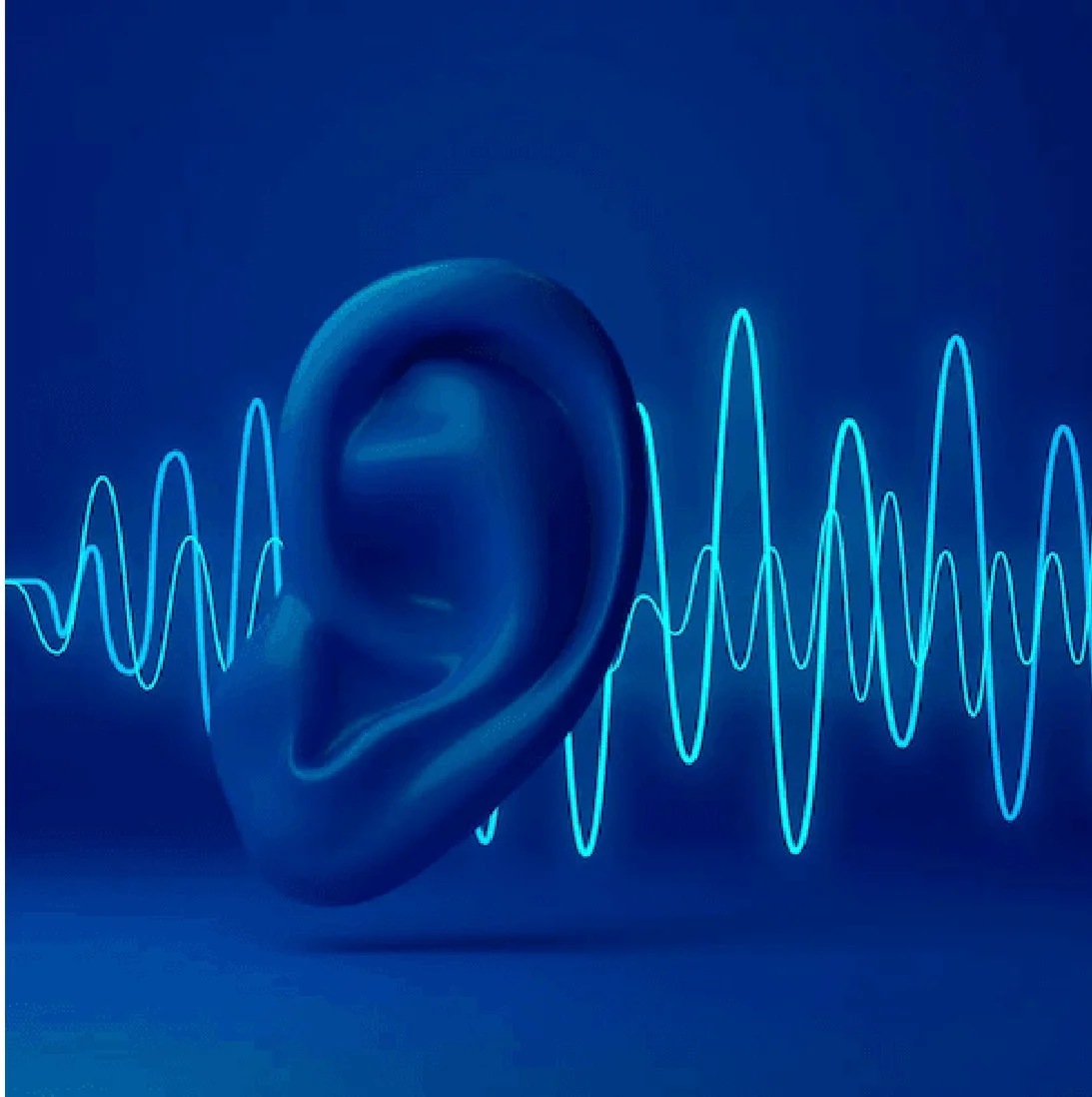
Department of Otorhinolaryngology (ENT)
Welcome To Gangasheel Hospital
What is Hearing Aids ?
Hearing loss can make it difficult to understand, understand, and participate in conversations. You may have trouble understanding what people are saying on TV or on the phone, or you may miss the soothing sounds of nature.Severe hearing loss can affect your ability to work and enjoy life. There is a nature.
Loud sounds often lead to hearing impairment. Sometimes this exposure is sudden and short-lived. Attending a loud concert or being near gunfire can damage your hearing.
Long-term exposure to noise affects many occupations. Farmers, construction workers, musicians and military personnel are most at risk. Occupational hearing loss is one of the most common occupational diseases in the United States.
Other risk factors that increase the chance of hearing loss include:
- Coronary artery disease (heart disease), hypertension (hypertension), and stroke.
- Damage or trauma from an accident or injury - even something as simple as inserting a cotton swab deep into the ear.
- Diabetes.
- Ear infection, earwax buildup, or ruptured eardrum.
- Exposure to chemicals.
- Family history of hearing loss.
- Drugs for treating cancer, heart disease and infectious diseases.
- Hearing loss can progress gradually. You may not even be aware that you are losing your hearing.
- Most people do not experience any pain from hearing loss.
- Have people repeat the same thing over and over again.
- I don't keep up with conversations (especially on the phone or in restaurants) or think other people are mumbling.
- You can play a specific treble. B. I can't hear the birds chirping.
- Please turn up the volume of the TV or radio.
- Ringing in the ears (ringing in the ears), pain (ear pain), feeling of fluid or pressure in the ears.
- has problems with balance and dizziness.
Symptoms of hearing loss in children include:
- Don't be alarmed by loud noises.
- Saying child's name or not facing sound (after child is 6 months old).
- Responds to some sounds but not all.
- "Huh?" Say a lot.
- Speech delay, etc. For example, do not say "dad" and "mama" until the age of one.
Noise exposure is one of the most common and preventable causes of hearing loss.
How to Avoid Noise-Induced Hearing Loss:
- Limit your exposure to loud events and environments.
- Wear noise-reducing earplugs (inside your ears) or earmuffs (outside your ears).
- Reduce the volume of power tools, electronics, earplugs and toys (if possible).
Treatment of hearing loss often depends on the type and degree of hearing loss.
Treatment may include:
- Hearing aids:
These devices help restore hearing. Hearing aids are devices that are worn on or in the ear to amplify sound. A health care provider surgically implants a cochlear implant in the inner ear to treat inner ear hearing loss. - Hearing Rehabilitation:
Also known as hearing rehabilitation, this treatment helps adjust to hearing loss and hearing aids. A therapist also can help you learn to use visual cues and lip reading to improve communication. - Listening devices:
Devices can make it easier to hear the telephone, television or videos on your computer. - Medications:
Hearing loss caused by ear infections may improve with antibiotics. Corticosteroids can ease the swelling of cochlear hair cells after exposure to loud noise. If medications are causing your hearing loss, your provider may prescribe a different drug. - Surgery:
A healthcare provider can insert an ear tube into the eardrum. Eustachian tubes treat chronic middle ear infections that contribute to hearing loss. Providers also perform surgeries such as removing tumors, repairing birth defects, and inserting cochlear implants.
Yes, Hearing Aids treatment is available in Bareilly at Gangasheel Hospital by the team of expert ENT Surgeon's in the city.
